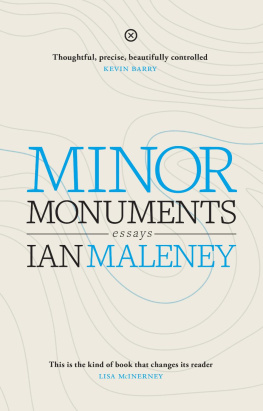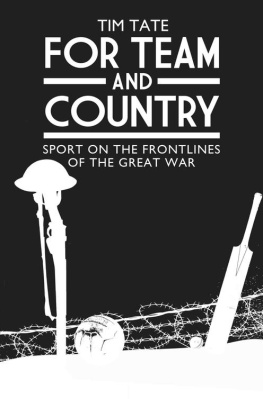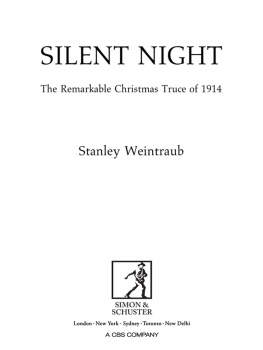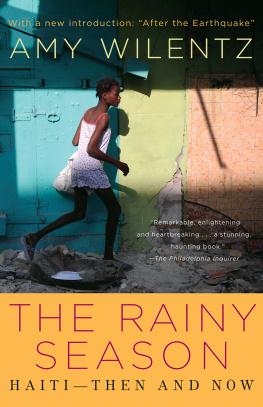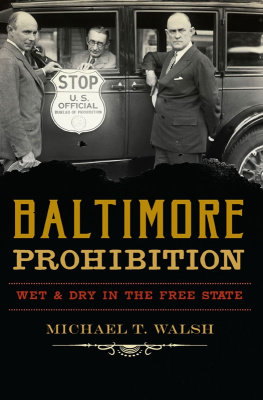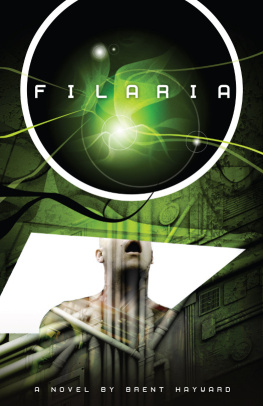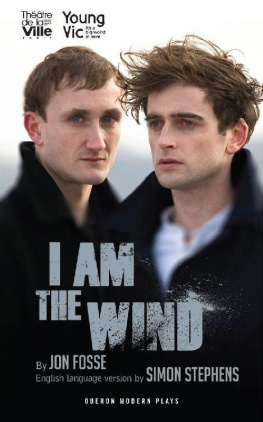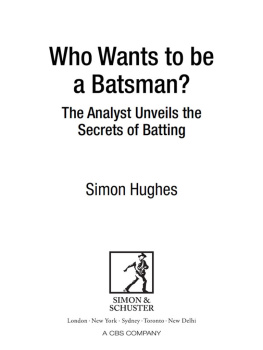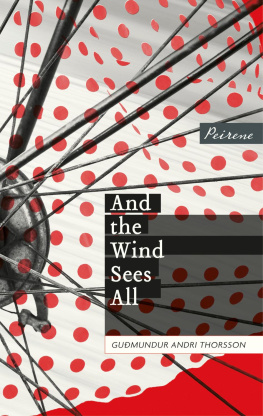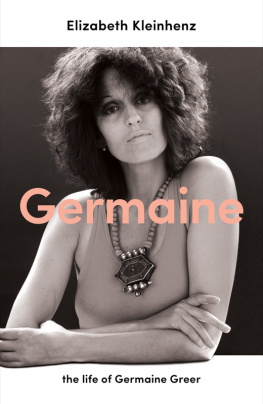The first time Niamh came with me to my parents farm, I took her to the bog. Its not much of a destination, but its about the only place you can go if you want to get out of the house. We followed the road down by my grandparents place, which is next door to ours, and around the back of the cattle-sheds. At the end of our fields theres a shaded lane that takes you through to where the bog begins. The lane forks at the end and becomes two grass-covered paths that go deeper into the bog.
We hung a right towards the elevated, heather-covered bank where my grandparents used to save their turf. Getting to the high bank means wading through some tall, stiff grass growing from very wet ground. Even in summer it can be a messy business. Neither of us were adequately dressed, but we got as far as the bottom of the bank and stood for a while next to a sheer six-foot face of deep brown peat. Niamh took a photo of me there with her phone. I had my hands in the pockets of my hoodie and I looked back over my shoulder towards her, windblown, my face balled up in a squint. Upon uploading it to Facebook, she added the caption,
Out here in Jutland
In the old man-killing parishes
I will feel lost
Unhappy and at home.
The previous summer we had visited the Douglas Hyde Gallery in Dublin. In the small secondary exhibition space, there was an installation of Richard Skeltons Landings project. Landings consists of a book and some recordings: multiple copies of the book were attached to a long table, and each was matched with a pair of headphones. I listened to slow waves of violin and concertina as the words on the pages overflowed the edges of form. What started out as a fragmentary diary became a torrent of words arrayed in grids or lists. Sometimes a remnant of a line would sit alone in the middle of the page. Others were black with accumulations of old words, forgotten words, everyday words. The names for places were the most interesting. Anglezarke and Rivington, Old Rachels and Hordern Stoops: the complete foreignness of the language was amazing to me.
The heavy bell of time sounded in Landings fascination with weathering, with decay, and with the ineluctable loss of words, homes, ways of life. I read as figures and dates became covered in moss, walls collapsed, archives petered out and the wind blew right through. In the books darkest moments, sense faded from the world and there was nothing left but the evidence, everywhere apparent, of its disappearance.
I got a glimpse of the person behind these visions: a man, not yet old, who had lost his young wife to an early death. 19752004. I wanted to tell you about the river, he writes. Landings, it is soon clear, is a record of living with the kind of loss which forever tips the scales of life. Grieving, enduring. I wont say moving on.
Retreating to the depopulated Lancashire moors, Skelton found himself burying instruments in the ground. He found himself playing them, the strings and his hands both covered in dirt. He found himself playing along with the wind and the rivers, offering up notes to the elements of air, soil, water. I want to make some kind of gesture, he writes. An offering. A mark of passing. Skelton wandered the moor, the fields, the woodlands, the riverbanks constantly roaming, never dwelling adrift in this circumscribed territory where he was living without ever being quite at home.
While time passed incessantly in the book, the music seemed oddly still. It lingered. It drew single moments out into great durations, droning, holding, repeating. It was as if only sound, only song, could calm the destabilising enormity of the past and arrest that quivering shadow of grief. Whilst I dwelt within that wooded chamber, listening to those brief glimmers of song, I forgot about her, the river, and its promise.
I was instantly captivated by Landings, and I returned to the gallery repeatedly during its exhibition. There was something in its openness, its vulnerability, its sense of being unfinished and ongoing, which seemed to invite a response from me. There was a level of abstraction which was welcoming, even comforting. The feeling was similar to that of my first exposure to Heaneys poems, which suggested that the kind of place I came from could be the stuff of poetry and not just a blank and backward wilderness from which to escape. Skeltons art in words, but more directly in the sounds which surrounded them was rarely possessed of Heaneys poise, but that was all the better. The roughness of its construction was more immediate and more attainable. I felt as if I could respond in kind. I started walking the bog.
Sometime between Landings and Niamhs first visit to the bog, we went to see Silence, a film by Pat Collins. Its rare you find a piece of work that seems to have been made with you in mind, but when I first saw Silence I felt as if it had been created purely for my benefit.
The films central character is Eoghan, a sound recordist who is returning to Ireland after fifteen years away. Eoghans task is to record silence to record spaces which are empty of human interference, environments free of unnatural interruption. In the first place where Eoghan stays overnight, a barman tells him a story about an island off the coast of Scotland, uninhabited for fifty years, where the starlings still make the sound of the mowing machines the islanders used in the 1950s. They passed it down from generation to generation of starling. He looks at Eoghan Would that be the kind of story youre ? When Eoghan says that its not stories but quietness hes after, the barman looks puzzled, and a little smile crosses his face as he flips over his newspaper. Youd want to be careful of that, he says. Too much quietness would drive a fella mad.
When Eoghan stands in the silence of Mullaghmore, that great limestone hill in the Burren, a thin voice gently warped by magnetic tape drifts across on the wind. This faint song is enough to disturb our protagonist. You dont want to be hearing voices on the wind. The song seems to originate in a ruined house which sometimes flickers into view like a trick of the light. The song comes from the same space, but not the same time. They glide past each other, an uncanny misalignment.
Eoghan carries the past around with him, much as Skelton does in Landings. But where music calms Skeltons ghosts, Eoghans appear in the form of a song. For Skelton, the escape into sound takes him away from language, away from memories almost too painful to bear. It only lasts a few moments, but that respite is enough to suggest there is yet a way to live, that there is a space outside of grief.
Eoghan would appear to be moving in the opposite direction. He is making his way back to his childhood home on Tory Island, drawn by a melody which has taken root in him, a fragment of a tape he made when he was a child. The sound of his parents and their neighbours in their old house, talking, singing. The wind howling outside. A mourning he has tried to outrun. The closer he gets to the silence hes come to find, the more powerful this old voice becomes it is the sound of a past life, a half-forgotten language, a decimated people.
The bog is a quiet place. No matter how often I go there, no matter how closely I listen, it remains a quiet place. There are three primary sounds: the wind in the scattered trees, the birds, and the remote sounds which are not of the bog but which are audible there all the same; chainsaws, lawnmowers, tractors engines beyond the horizon. These elements combine in different measures on different days. A windless day leaves the far-off hums exposed and sharpens the hollow bark of a dog on a distant farm. The birds come alive in the early evening and their pinprick calls are soft and charming. On a stormy day there is nothing but wind; a dull blast obliterating all else as it makes its way across the plain.

